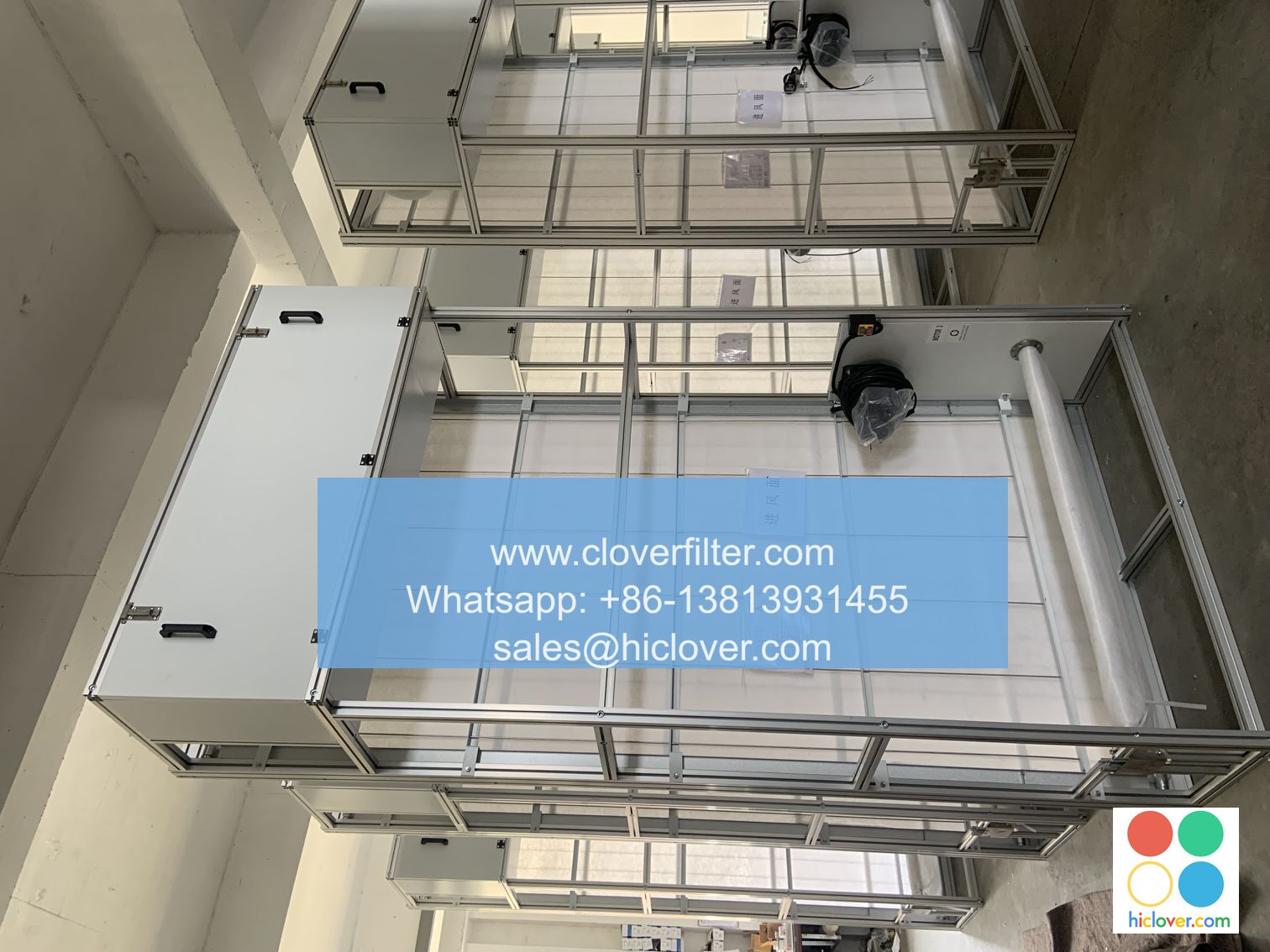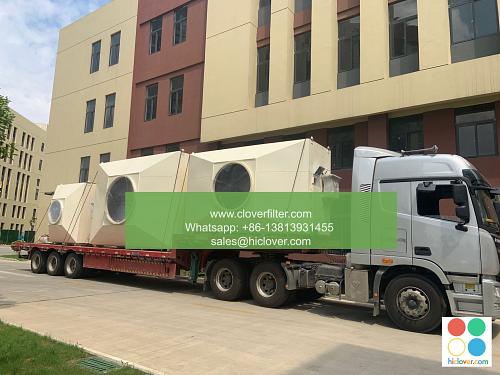Air Filter Quality Control in Telecommunications Facilities

As the demand for high-speed data transmission and network reliability continues to grow, telecommunications facilities are becoming increasingly complex and sensitive to environmental factors. One critical component of maintaining network uptime and preventing equipment damage is air filter quality control. In this article, we will explore the importance of air filter quality control in telecommunications facilities, highlighting various application areas and key considerations for ensuring optimal performance.
Introduction to Air Filter Quality Control
Air filter quality control refers to the process of selecting, installing, and maintaining high-quality air filters in telecommunications facilities to prevent dust, dirt, and other contaminants from entering the environment. This is crucial because even small amounts of contamination can cause equipment failure, downtime, and data loss. Air filter quality control involves a range of activities, including filter selection, installation, maintenance, and testing, all of which must be carefully planned and executed to ensure optimal results.
Application Areas for Air Filter Quality Control
Air filter quality control is essential in various application areas within telecommunications facilities, including:
* Data Centers: Data centers are highly sensitive to environmental factors, and air filter quality control is critical to preventing equipment failure and downtime.
* Network Operation Centers: Network operation centers require high-quality air filters to prevent contamination and ensure reliable network performance.
* Telecommunications Equipment Rooms: Telecommunications equipment rooms house critical network infrastructure, and air filter quality control is essential to preventing equipment damage and downtime.
* Central Offices: Central offices are the hub of telecommunications networks, and air filter quality control is critical to ensuring reliable network performance and preventing downtime.
Key Considerations for Air Filter Quality Control
When implementing air filter quality control in telecommunications facilities, several key considerations must be taken into account, including:
* Filter Efficiency: The filter efficiency is critical to preventing contamination and ensuring optimal performance. High-efficiency filters, such as HEPA filters and ULPA filters, are often required in telecommunications facilities.
* Filter Maintenance: Regular filter maintenance is essential to ensuring optimal performance and preventing equipment damage. This includes filter replacement, filter cleaning, and filter testing.
* Environmental Factors: Environmental factors, such as temperature, humidity, and air pressure, must be carefully controlled to ensure optimal filter performance.
* Standards and Regulations: Telecommunications facilities must comply with various standards and regulations, including NEBS and ETSI, which dictate requirements for air filter quality control.
Best Practices for Air Filter Quality Control
To ensure optimal air filter quality control in telecommunications facilities, several best practices must be followed, including:
* Regular Filter Testing: Regular filter testing is essential to ensuring optimal performance and preventing equipment damage.
* Filter Replacement Scheduling: Filter replacement scheduling is critical to preventing equipment damage and downtime.
* Training and Awareness: Training and awareness programs are essential to ensuring that personnel understand the importance of air filter quality control and follow best practices.
* Continuous Monitoring: Continuous monitoring of environmental factors and filter performance is critical to ensuring optimal air filter quality control.
Conclusion
In conclusion, air filter quality control is a critical component of network reliability in telecommunications facilities. By highlighting various application areas and key considerations, we have demonstrated the importance of air filter quality control in ensuring optimal performance and preventing equipment damage. By following best practices and taking a proactive approach to air filter quality control, telecommunications facilities can ensure reliable network performance, prevent downtime, and maintain optimal equipment functionality. Air filter quality control is a critical investment in the reliability and performance of telecommunications networks, and it is essential that facilities prioritize this aspect of their operations to ensure optimal results. It seems like you didn’t include a question or topic for me to respond to. Could you please provide more context or information about what you would like to discuss? I’ll do my best to provide a helpful and direct answer.

